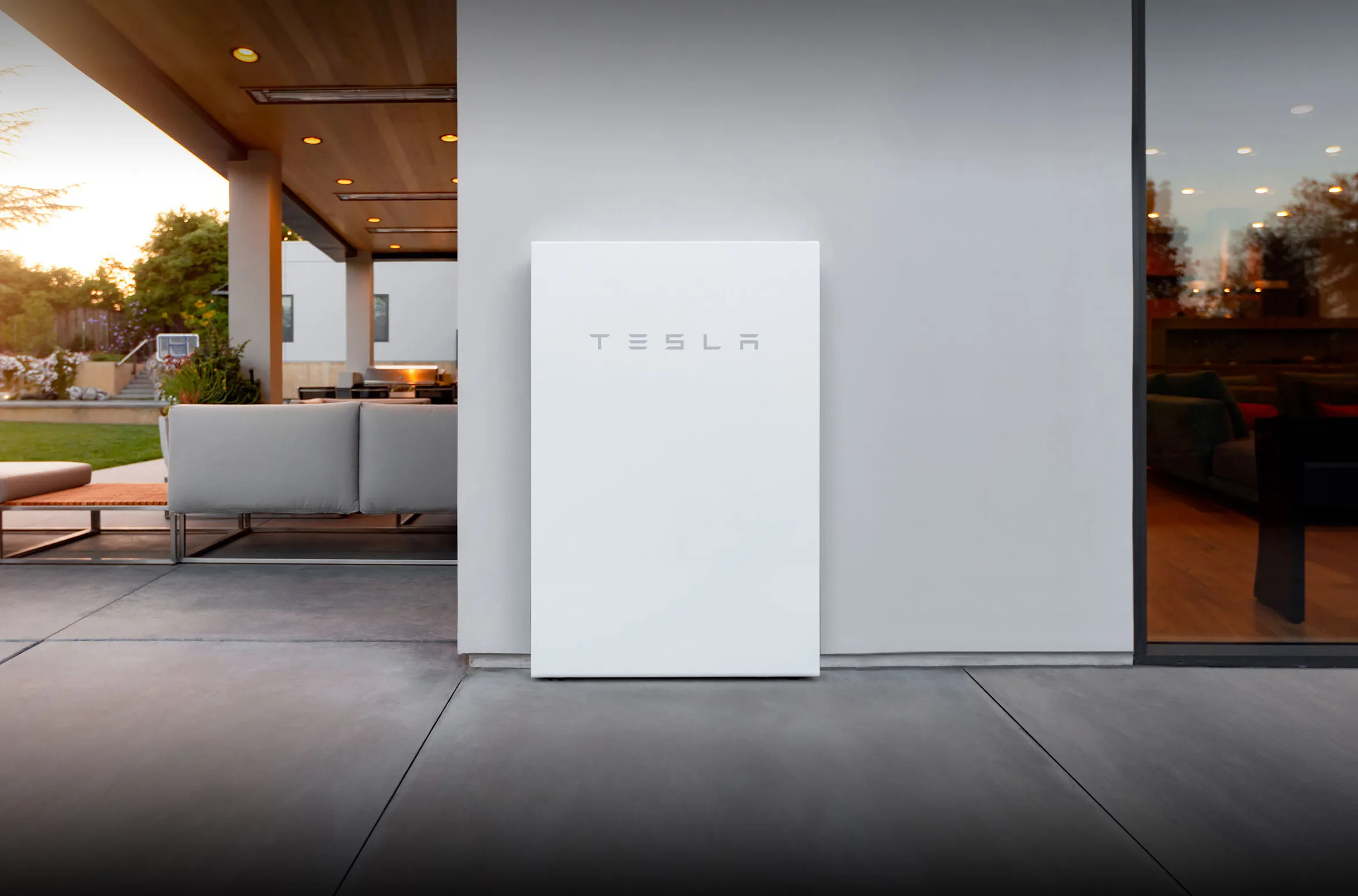Tesla Initiates Recall of 10,500 Powerwall 2 Units Over Overheating and Fire Hazards
Tesla Initiates Recall of 10,500 Powerwall 2 Units Over Overheating and Fire Hazards
By
Rachel Steinberg
Last updated:
November 14, 2025
First Published:
November 14, 2025

Photo: The Verge
Tesla Recalls Thousands of Powerwall 2 Units Over Safety Concerns
Tesla is recalling approximately 10,500 Powerwall 2 home battery systems in the United States after identifying a safety defect that could lead to overheating, smoke or even fire. The U.S. Consumer Product Safety Commission (CPSC) confirmed the recall on Thursday, citing a lithium-ion battery flaw linked to a third-party cell supplier that Tesla has not publicly identified.
According to the agency, defective cells in certain Powerwall 2 units can cause the battery system to fail and overheat under normal use. In at least 22 reported incidents, customers experienced overheating, with five documented fires that caused minor property damage. No injuries have been reported so far.
Tesla stated that every affected unit will be replaced free of charge for customers, underscoring that the problem does not impact Powerwall 3 or newer energy products.
What the Defect Means for Homeowners
The Powerwall line has become a key part of Tesla’s clean-energy portfolio, offering homeowners a way to store solar energy and use it later, particularly during blackouts or during peak electricity pricing hours. Powerwall systems are often paired with Tesla’s rooftop solar panels and can provide backup electricity for hours or even days, depending on conditions.
The overheating issue, however, poses serious safety concerns. Lithium-ion battery malfunctions can escalate quickly, and the CPSC warned that affected units could emit smoke, ignite or fail entirely. Tesla has urged owners to follow recall instructions and await replacement scheduling.
The company noted that newer systems, particularly Powerwall 3, were built with updated components and manufacturing processes that remove the risk found in older models.
Tesla’s Growing Energy Business Faces Scrutiny
While Tesla is best known for its electric vehicles, its energy business has quietly become one of its fastest-growing divisions. In the third quarter of 2025, Tesla Energy generated $3.42 billion in revenue, a 44% increase from the previous year, and contributed roughly one-quarter of the company’s total revenue. Powerwalls, alongside utility-scale battery deployments, have been central to that growth.
The recall comes at a sensitive time as Tesla continues expanding its energy storage operations globally. Industry analysts have pointed out that the company is increasingly depending on diversified revenue streams as EV margins tighten amid rising competition.
Despite the long-term potential of Tesla Energy, the recall announcement triggered a 7% drop in Tesla shares on Thursday. The company did not provide additional comment beyond the official recall instructions.
What Happens Next
Tesla has begun notifying affected customers and arranging replacements at no cost. With more than ten thousand units involved, the recall will require significant logistical coordination across multiple states, but the company maintains that all customers will receive new, safe Powerwall 2 units.
As the recall progresses, regulators and industry watchers will be paying close attention to Tesla’s battery supply chain — particularly as the company scales its next-generation storage products and accelerates its push into residential and grid-level energy markets.
Popular articles
Subscribe to unlock premium content
The Rise of Silent Walking Tours in Historic Cities

The Rise of Ultra-Niche Cooking Classes Focused on Historical or Regional Recipes

The Rise of One-Person Dining Experiences for Ultra-Introverts in Major Cities

The Rise of Silent Walking Tours in Historic Cities

The Rise of Ultra-Niche Cooking Classes Focused on Historical or Regional Recipes

The Rise of Silent Walking Tours in Historic Cities









